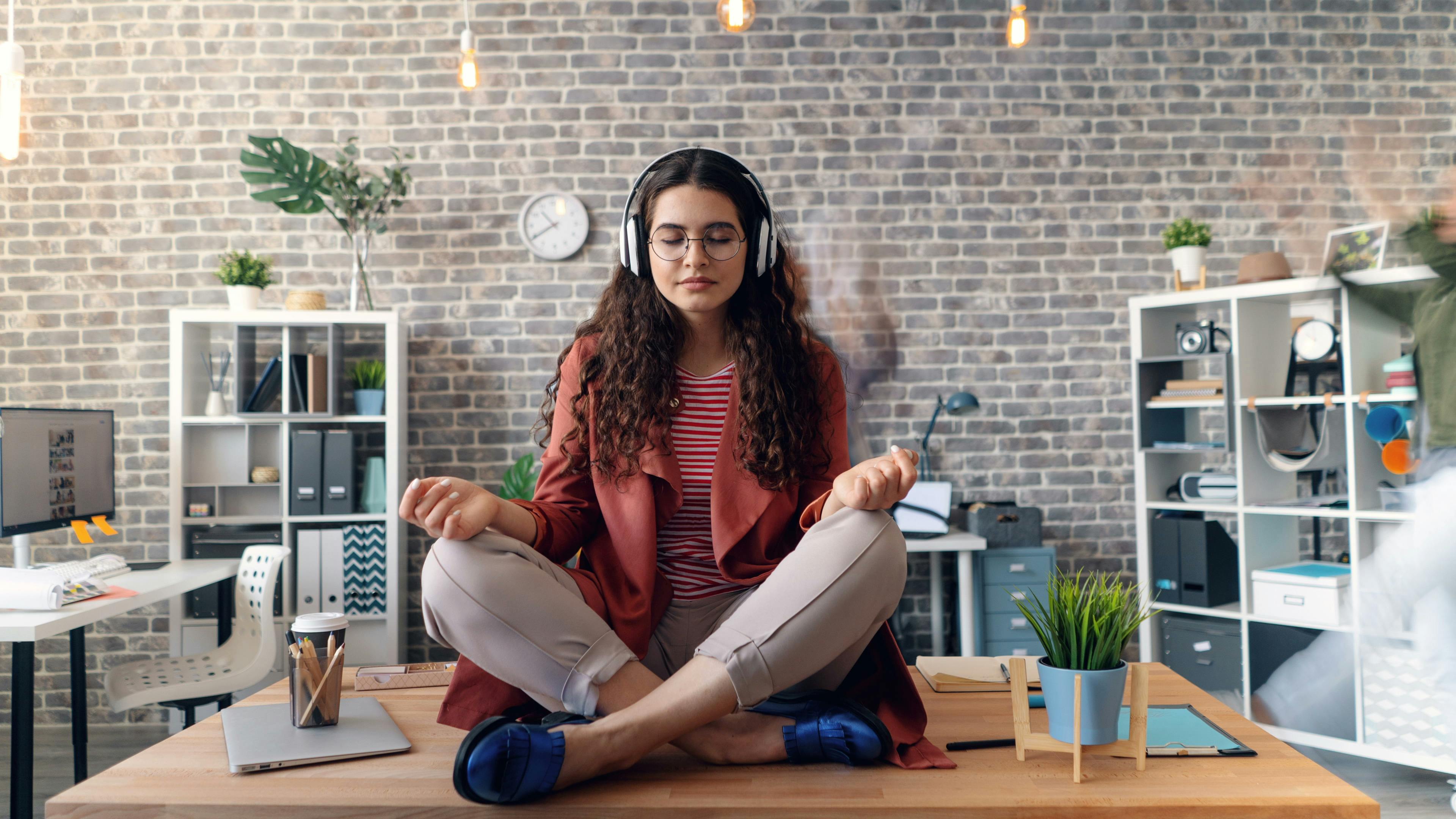-Oct26.png)
Have you ever had a ‘gut feeling’ or ‘sixth sense’? I have. Several, every now and then. Often right, but some also frequently proven wrong.
So, what is it: Can you trust your intuition when making decisions or judging something? Well… Yes and No! And that’s mostly because there are actually two types of intuition.
Intuition is a remarkable aspect of human cognition that remains a subject of great fascination and mystery. It is commonly perceived as an innate ability to understand something without the need for conscious reasoning or some unexplainable, instinctive insight that guides us in making decisions, solving problems, and navigating life's complex situations. But ‘true’ intuition is anything but innate… While it may feel like a silent whisper of wisdom from within, it is actually a subconscious process that draws from your vast life experiences and knowledge.
Unlike gut feelings, however, expert intuition (something a bit different) is a highly refined, subconscious understanding or wisdom, honed through years of experience and immersion, generally in a specific domain. It enables individuals to make seemingly effortless and accurate judgments without the need for extensive analysis.
In fact, expert intuition is an intricate interplay of expertise and cognition. It arises from a profound understanding of a subject, allowing experts to recognize patterns, draw insights, and make decisions based on implicit knowledge that might not be readily accessible to others. It's a skill developed over time, blending experience, information, and innate perception.
This honed type of intuition can also be found in your ‘daily life’, when it applies to reacting to situations with which you have been (at least partially) familiar in the past. Like regularly playing a sport, cooking your signature meal, or driving a car after many years. You no longer think about how to do it and, if you are suddenly faced in a child chasing a ball in the middle of the street, as a driver you don’t stop to reflect on what is the best action; you trust your years of experience to be able to send signals to your brain and muscles so they can react in the best way possible.
Experienced Coaches have also learned to trust their (now) expert intuition to, for example, guide their conversations with clients and ask the right question at the right time :) so we can facilitate those ‘haha moments’.
However, your intuition is not as reliable if you are expecting it to choose the best way to deal with a totally new situation. In such case, you have at best a 50-50 chance of getting it right; basically, you’re guessing… Being in a different cultural context could be enough to offset even a previously expert intuition, so this can be particularly important for expats and alike.
It’s crucial to be able to distinguish these 2 situations in life!!
The next time you think you might be having a ‘gut feeling’ ask yourself: Have I been in a similar situation before? Has my brain already learned to automate an efficient way to deal with similar situations?
If yes, our intuition is likely to be much faster and a better decision-maker than an apparently-thorough analysis of the situation. Trust it! If not, then dedicate time to building a more expert intuition in that domain/type of situation.
This means that if you’d like to be able to trust your intuition more, you actually need to get some practice in…
For example, here are 4 Tips for Cultivating Your Expert Intuition:
- Dedicate Time to Mastery: To develop expert intuition, immerse yourself in your chosen professional field or life domain. The more time you spend honing your skills and gaining experience (testing the best reaction to a situation and consolidating that), the sharper your intuition becomes.
- Mentorship and Guidance: Seek mentorship from individuals with deep expertise in your areas of interest. Learning from seasoned experts can help you internalize the knowledge that forms the foundation of expert intuition. If you don’t have access to these ‘experts’, try to model (=copy) their best decisions and actions, though always adjusting to your own circumstances.
- Reflect and Iterate: Periodically reflect on your experiences and decisions. Over time, you'll develop a keener sense of your own intuitive processes, enhancing your ability to make informed judgments.
- Practice Mindfulness: Tune into your emotions and bodily sensations. These can be your intuition's early signals.
Incorporating intuition into your decision-making process can lead to more informed, balanced choices, allowing you to harness the power of your ‘inner GPS’ in life's intricate journey. Trust it (expert intuition is a valuable guide!), but remember to combine it with a verification moment and some rational analysis especially when faced with new situations or making important life decisions.
Have fun mastering it! :)
[First published in the Seeds for Growth & Joy newsletter, on 26-10-203.]


.jpg)

![Belonging, Until You Don’t [An Expat Pocket Story]](https://cdn.prod.website-files.com/65002b28ca38d1b72d9143ec/6852c64f15ce54f9913abd7b_2025-06-18%20(1).png)
